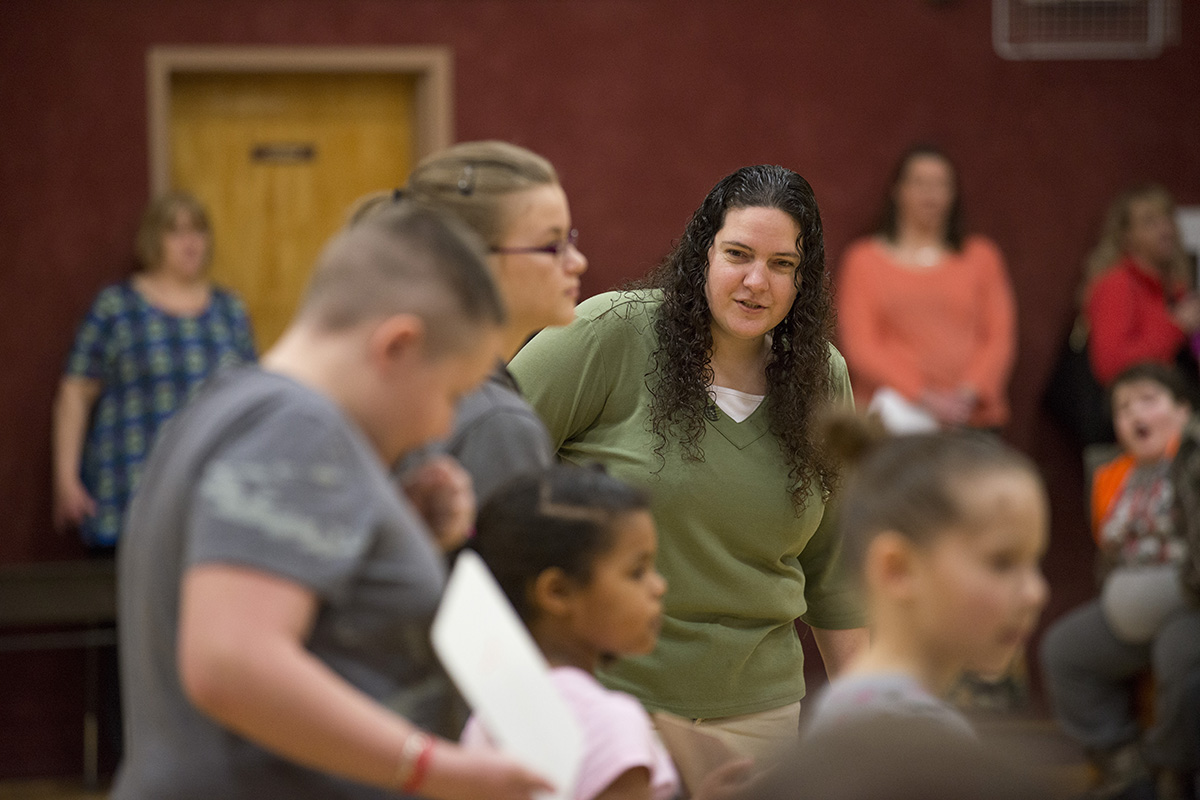
UMaine to boost rural educator workforce with funds secured by Sens. Collins and King
The University of Maine College of Education and Human Development will expand ongoing professional development, mentoring and other evidence-based support to more than 200 rural educators statewide with $3.3 million in one-time funds included in a federal budget package passed last week. The goal of the statewide project, which will include other University of Maine System (UMS) teacher preparation programs, is to improve resilience and retention of rural educators and school leaders, and PK-12 student outcomes.
In 2022, UMaine became the New England Hub of the Rural Schools Collaborative, which works to advance rural community and student success through a focus on rural educator workforce development, culturally responsive, place-based education and school-community partnerships.
The Congressionally Directed Spending for the Rural Educator Resilience Project was secured by Sen. Susan Collins, vice chairman of the Senate Appropriations Committee, and Sen. Angus King, at the request of UMS and will be administered by the U.S. Department of Education.
“Severe educator workforce shortages, especially in rural districts, are challenging schools’ ability to provide the high-quality public education Maine students need and deserve,” said University of Maine College of Education and Human Development Dean Penny Bishop. “As the state’s largest teacher preparation program, UMaine is accelerating pathways to get more qualified teachers into Maine classrooms, including through innovative partnerships with other University of Maine System education programs and the field, yet teacher and administrator attrition rates continue to be high. We are grateful to Senators Collins and King for their efforts to secure this federal funding, which will enable us to employ evidence-based, high-impact supports to sustain and strengthen Maine’s teacher and school principal workforce, and improve student outcomes and the vitality of our rural communities.”
More information is on the UMS website.
